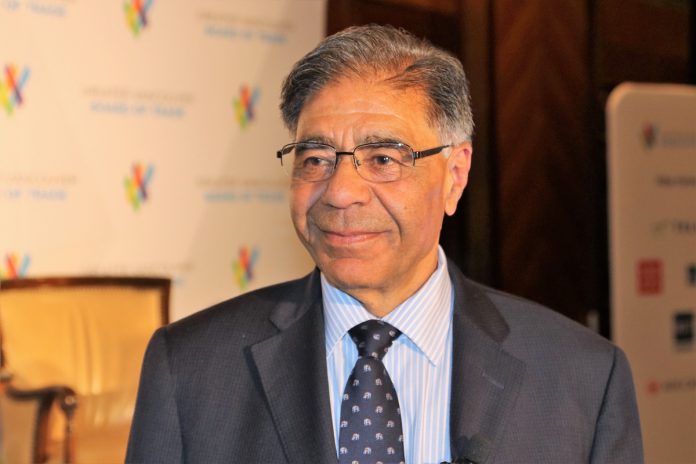SEPTEMBER 30 will be a day of reflection and remembrance for Metro Vancouver Regional District, as Canadians observe the first annual National Day for Truth and Reconciliation, which is also Orange Shirt Day, noted Metro Vancouver on Wednesday.
This summer, the Government of Canada passed legislation declaring September 30 a federal statutory holiday. The move came in response to the Truth and Reconciliation Commission’s call to action No. 80, for an official statutory holiday as public commemoration to ensure the history and legacy of residential schools remains a vital component of the reconciliation process. The Province of B.C. has also designated the day as Truth and Reconciliation Day.
“The First Nations that have lived here since time immemorial are an integral part of the cultural, historic and economic fabric of this region, and this day is one step in the reconciliation process,” said Sav Dhaliwal, Chair of Metro Vancouver’s Board of Directors. “I implore all residents to use this as an opportunity to recognize and reflect on the tragic history and ongoing intergenerational impacts of residential schools and colonization on Indigenous populations, and to honour survivors, their families and communities.”
Metro Vancouver will commemorate the day as a statutory holiday, flags will be lowered and in subsequent years the regional district will revisit how best to mark the occasion. Essential regional services will operate as normal.
Staff are encouraged to consider what they can do as individuals and regional government employees to advance reconciliation with Indigenous peoples and First Nations communities; to deepen their understanding of history; and consider how to express sorrow and support while taking important, critical action.
Metro Vancouver said it continues to strengthen its relationships with local First Nation governments through community forums and technical meetings, as well as through engagement and procurement policies around infrastructure projects, regional parks and regional planning. The regional district is also raising awareness of Indigenous history and contemporary issues through training sessions, workshops and guest presentations for staff and elected officials.














